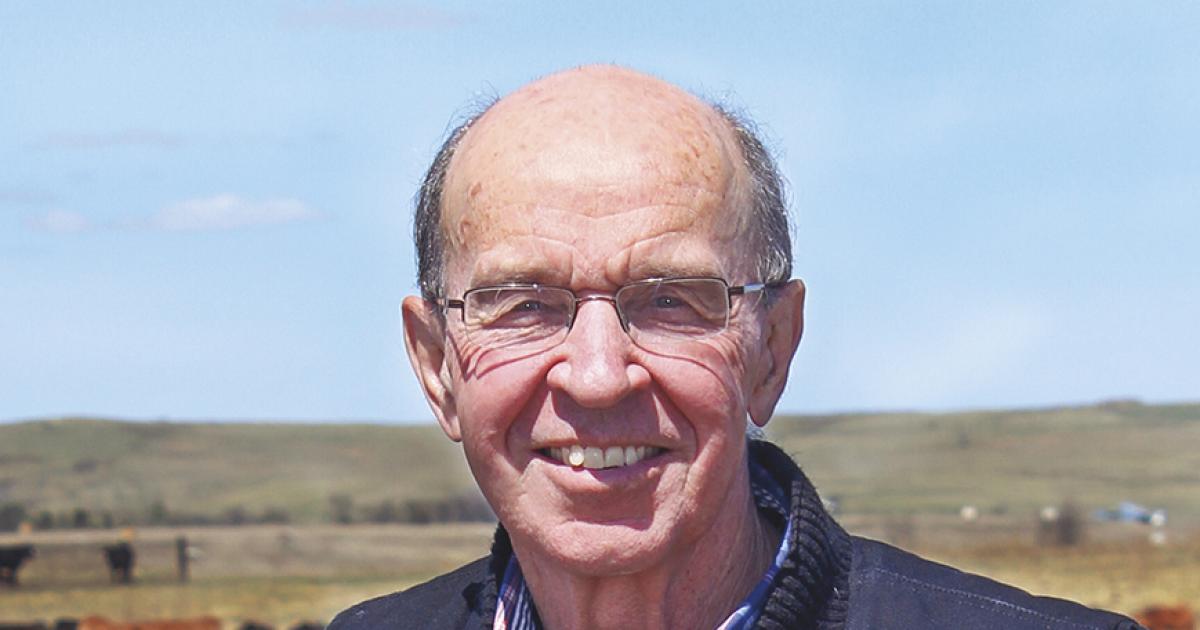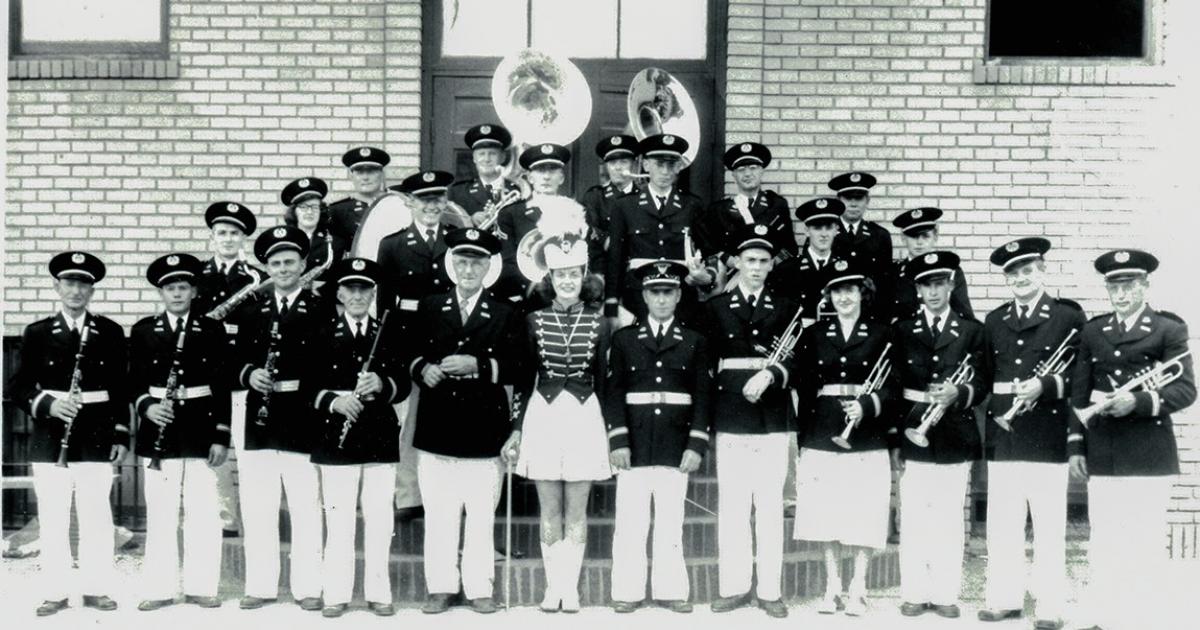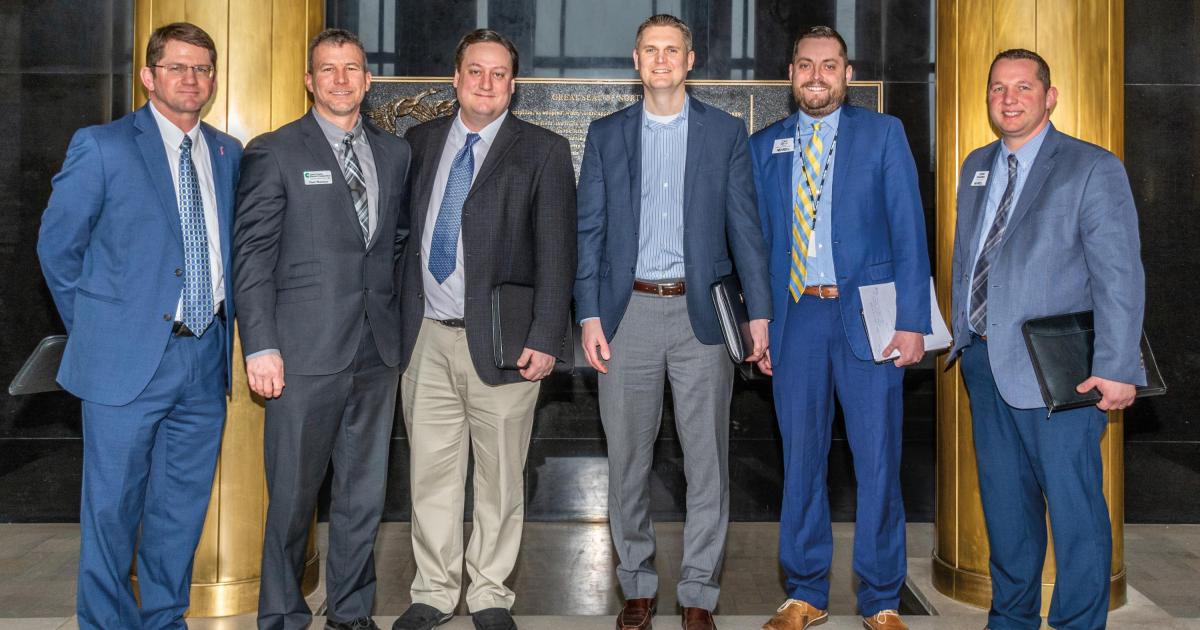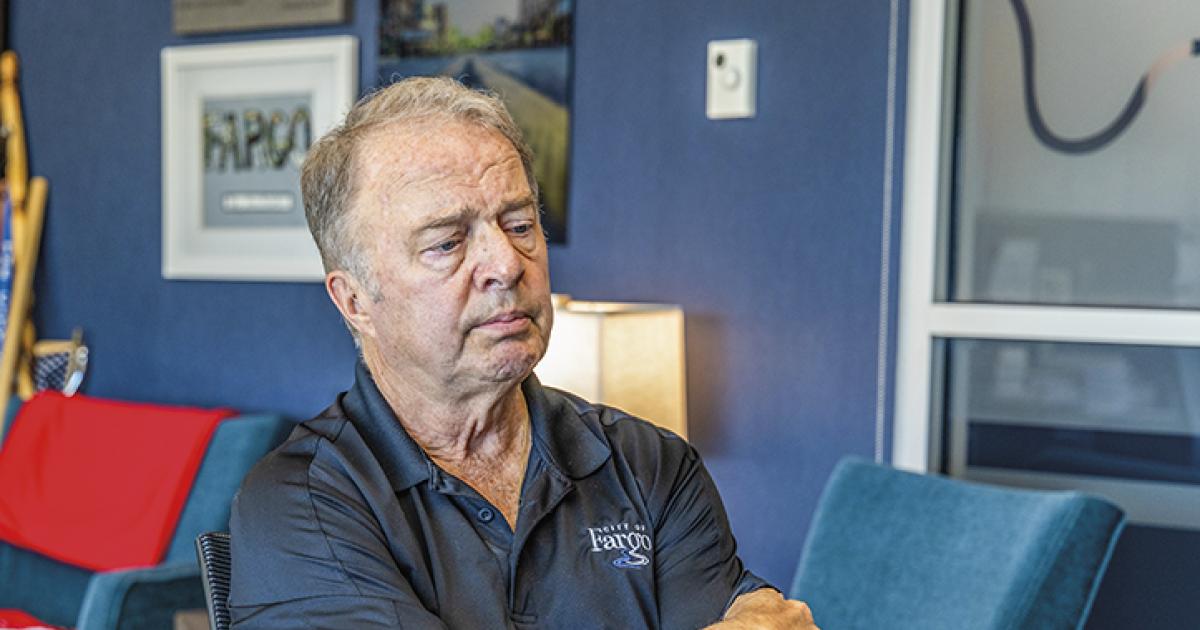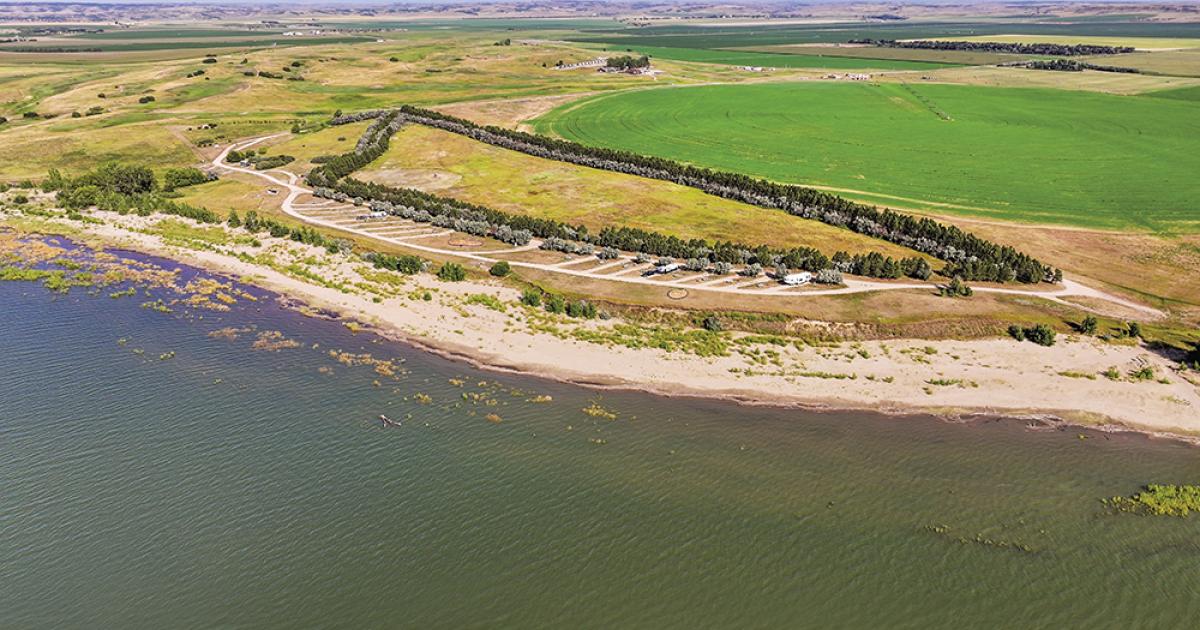The North Dakota Association of Telecommunications Cooperatives (NDATC) is expressing optimistic anticipation as work begins with 2019 sessions of the North Dakota Legislature and with the North Dakota delegation in the new Congressional session.
“Members of the association congratulate both Kevin Cramer for his election to the U.S. Senate and Kelly Armstrong to the nation’s House of Representatives. Both know the importance of state-of-the-art, affordable broadband to rural North Dakota,” says NDATC General Manager David Crothers.
Crothers said Senator-elect Cramer has long been a “champion” of rural broadband in the House of Representatives. Crothers and association members look forward to Cramer bringing that expertise to the U.S. Senate as it addresses issues such as adequate Universal Service Funding for those areas of the nation that are so expensive to serve because of low populations, such as North Dakota.
Crothers said the rural broadband industry is also “thrilled” that someone with Congressman-elect Kelly Armstrong’s rural background will be serving in Congress.
“Representative-elect Armstrong knows the cooperative and independent broadband providers well because of his time in the state senate and working on right-of-way issues, privacy and E-911 matters critical to rural North Dakotans,” he said.
Crothers pointed out Armstrong specifically knows and understands Consolidated Telcom Cooperative, which is based in his hometown of Dickinson. From this relationship, Crothers says Armstrong has gained a firsthand appreciation of the great work that organization does, and its 100 percent deployment of fiber-to-the-home technology that allows for every member and customer to have 1 gigabit service.
The election of Rep. Chet Pollert as the new Republican Party majority leader in the N.D. House of Representatives brings a new level of understanding of the challenges that independent broadband providers face, Crothers says. He adds that Pollert, from Carrington, shares a hometown with Dakota Central Telecommunications, a cooperative broadband company based in that community.
Crothers also extended congratulations to re-elected Public Service Commissioner Randy Christmann and newly elected Public Service Commissioner Brian Kroshus, who was elected to complete a term of PSC service, which he attained previously by appointment.
Prophetic words, from telecom cooperative history book
“Talking Wires,” the 1978 history of telephone cooperatives in North Dakota, looked back at 30 years of farmers, and rural citizens mobilizing across the state to secure rural telephone services. The history mentions nearly 25 local telephone service organizational efforts which rural North Dakotans had organized by 1951.
By 1978, at the time of “Talking Wires,” telephone cooperatives in North Dakota were preparing for a dramatically different world of communication services they saw on the horizon for subscriber-members. Forty years ago, “Talking Wires” foretold the future that the broadband cooperatives of 2018 and 2019 are making possible:
“It is the development of optical fiber that will bring about the telecommunications revolution. Laser beams carrying innumerable streams of communication in both directions simultaneously can travel through this glass fiber, which looks like a thin violin string.
“Combine this communications ability with the development of computers, satellites, and telecopiers, and suddenly time and distance mean nothing. Home communication centers will enable us to talk and listen worldwide. Anyone, anywhere, will have ready access to data banks, a variety of entertainment, up-to-the-minute news reports, and personal long-distance communication systems.”


